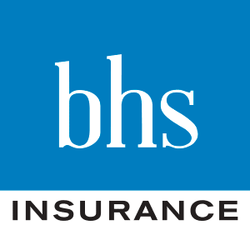What is the “Open and Obvious Doctrine”? It’s a defense for the land possessor(business owners) to a premises liability claim. In other words, if an unsafe condition is open and obvious, the owner of the property has no duty to warn the plaintiff about it because the plaintiff should have noticed the hazard and avoided it.
That doctrine no longer exists, as the Michigan Supreme Court abolished the decades-old doctrine on July 28, 2023. The court ruled that “if a hazard is open and obvious, it should be more foreseeable for a defendant (landowner) to notice the hazard, anticipate the danger it would cause to an invitee, and exercise reasonable care to remove or repair the danger.”
Now, premises liability claims are evaluated based on fault and whether the property owner violated its duties to protect individuals from unreasonable harm. This new standard is in line with Michigan’s comparative fault principles: a landowner will only be liable for his or her percentage of fault. This means that, if a plaintiff is injured on your property, a judge or jury will have to decide how much fault should be allocated to each party for the plaintiff’s injury, including the plaintiff’s own fault.
In Michigan, the most filed lawsuits are auto related, with debt collection in second. Over time, because of this departure from the open and obvious doctrine, it is predicted that premises liability cases will move into second place. This is because a premises-liability plaintiff no longer faces whether a condition was open and obvious but instead can rely on comparative fault principles.
What can you do as a business owner?
- Be proactive in identifying hazardous conditions, repairing them, notifying visitors of hazardous conditions, and have your employees support these efforts.
- In the winter, be sure to keep maintenance logs for snow/ice removal, as well as the date/time you salted your sidewalks and your parking lot plowed. Beware of potholes and fix them as soon as feasible.
- Be sure you obtain certificates of insurance from the contractor performing work on your behalf such as snow plowing your parking lot. Be sure you are listed as an additional insured on a primary and non-contributory basis including a waiver of subrogation.
- Surveillance cameras are very helpful, and you should keep the data feed updated and saved anytime an incident occurs on your property.
- Complete incident reports internally with photos of the area and a detailed description of the incident. Any/all documentation should a lawsuit be filed will be critical.
Maintaining your premises, completing checklists, and providing documentation to show you met your duty of care will help in your defense should an incident occur.

